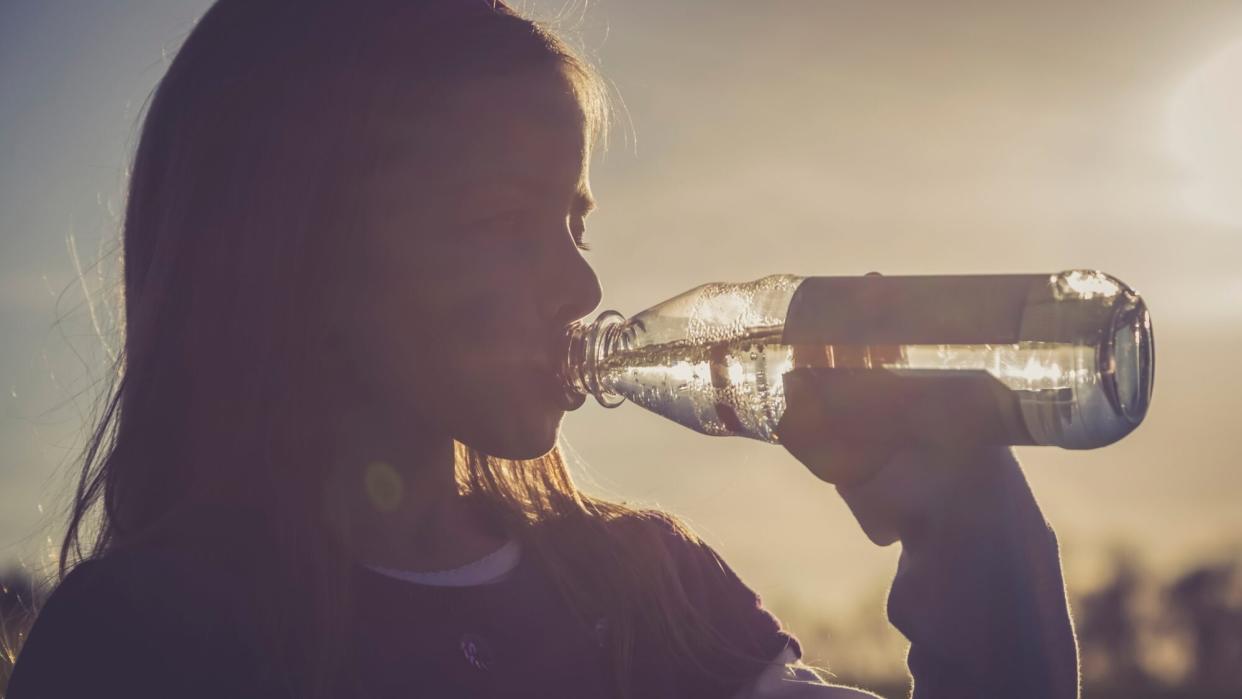Latest BPA Warning: It Could Damage Kids' Teeth For Life

? Getty Images/Westend61
We're all aware that some beverages aren't great for teeth, but it turns out that a drink's packaging could also do some serious chomper damage. In the latest hit against BPA—a.k.a. Bisphenol A, a common chemical found in a variety of goods—researchers have warned that plastic food containers made with the material could irreversibly disrupt enamel development in young children.
Researchers at the French National Institute of Health and Medical Research found that in kids under five years old, exposure to BPA can affect hormones needed to stimulate enamel growth. They drew this conclusion by studying rats given daily doses of BPA (equivalent to humans' daily exposure) from birth until 30 days old. They found that BPA—as well as another chemical called viclozolin, a common fungicide used in vinyards and orchards—affected the genes that control mineralization of tooth enamel.
According to the study's lead author Dr. Katie Jedeon, because tooth enamel develops between the third trimester of pregnancy and the age of five, this is a critical time in the lifespan of children's teeth. "Minimising exposure to endocrine disruptors at the stage in life as a precautionary measure would be one way of reducing the risk of enamel weakening," Jedeon said in her report at at the 2016 European Congress of Endocrinology.
This isn't the first time BPA has come under fire for its negative health effects. The chemical has been identified as an endocrine disruptor in many studies, meaning it can interfere with hormone functions, upping the risk for birth defects, reproductive problems and even cancer. This is worrisome (to put it mildly) because of the chemical's prominent use in plastic packaging and cans.
Though manufacturers are phasing out BPA, recent research suggests it's still in wide use. If you want to avoid it, your best bet might be to cook at home—and skip the packaging altogether.